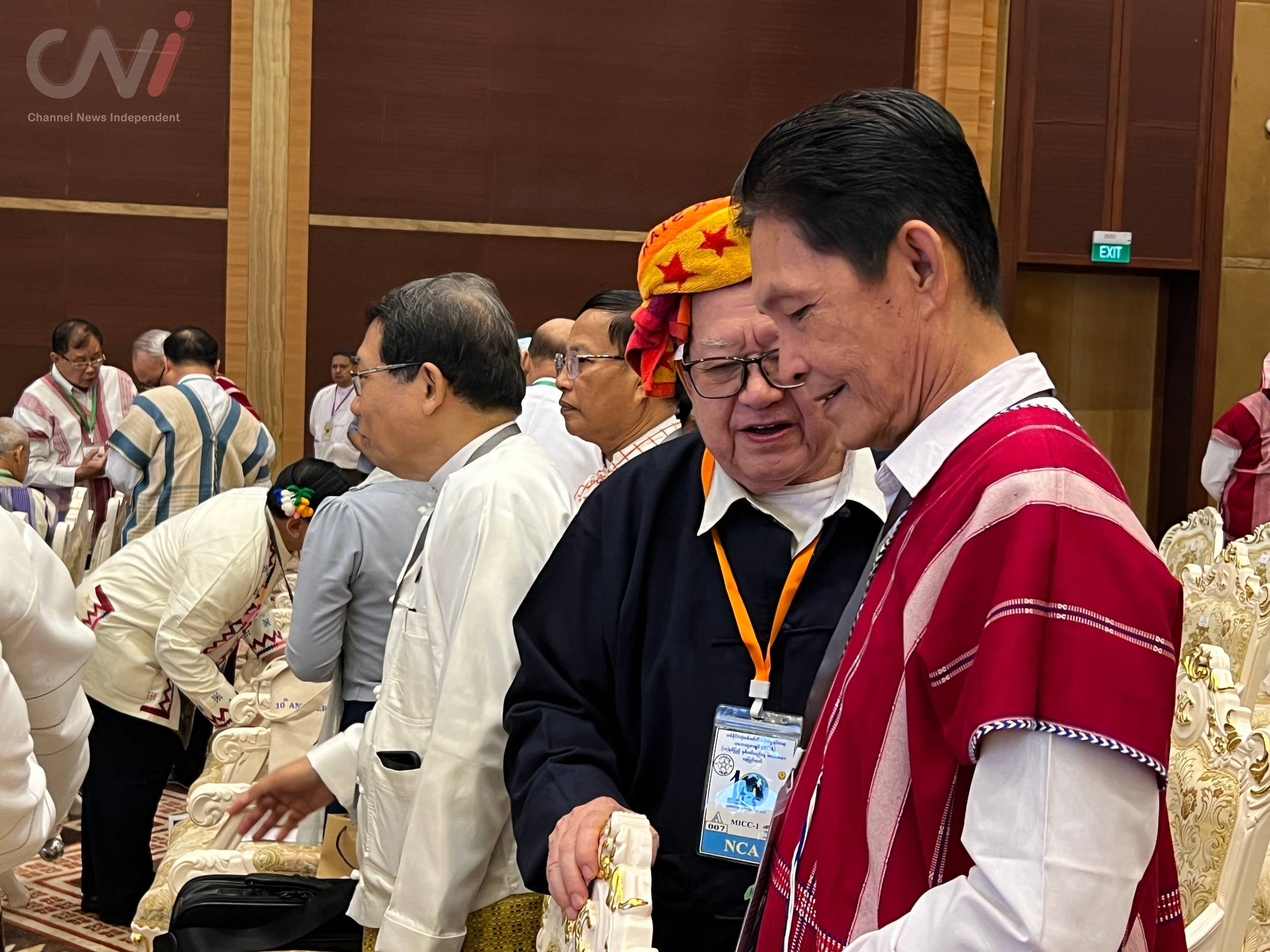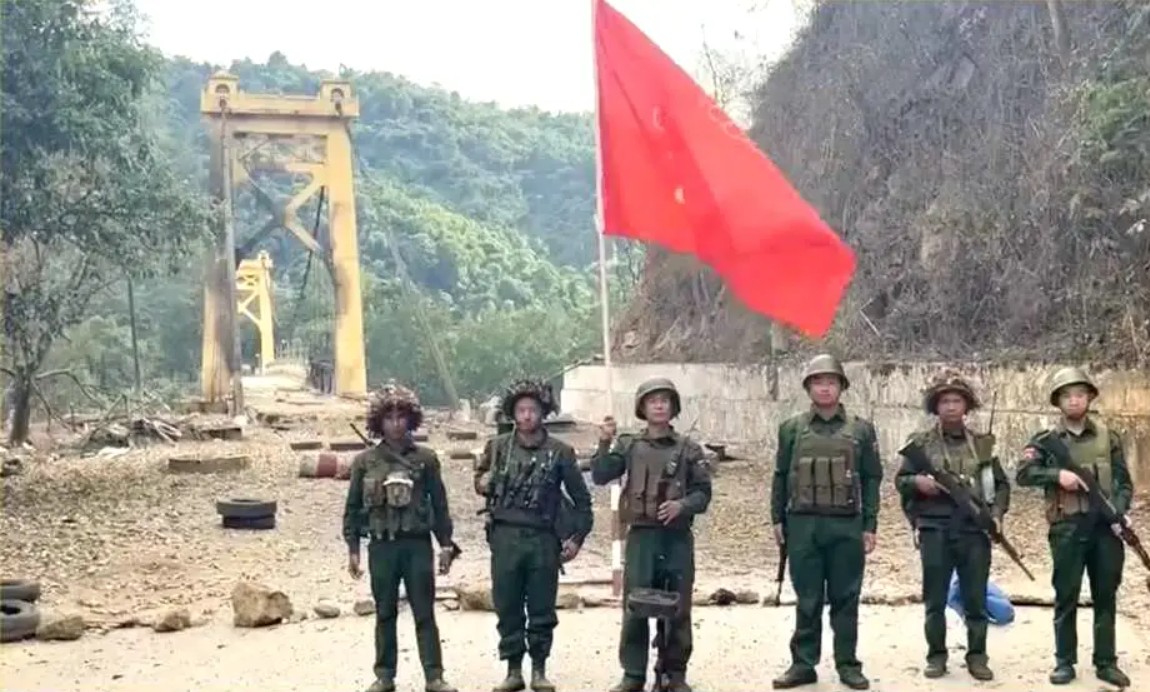CNI News
19 November 2025
Colonel Khun Okkar, Chairman of the Pa-O National Liberation Organization (PNLO-NCA/S), told CNI News that China’s mediation is crucial in the recent tensions between the Myanmar military (Tatmadaw) and the Kokang armed group (MNDAA), which emerged after disagreements over the withdrawal of MNDAA camps.
Military and political analysts report that tensions have risen after the Myanmar military demanded that MNDAA withdraw its outposts stationed outside Lashio in northern Shan State.
Colonel Khun Okkar said the issue depends largely on the specific terms of the agreement arranged by China’s Special Envoy Mr. Deng Xijun, who mediated the handover of Lashio to the Myanmar military.
He said that if the agreement allowed MNDAA to station troops outside Lashio, then the military’s order for MNDAA to withdraw would constitute a breach of that agreement.

Colonel Khun Okkar
Colonel Khun Okkar said:“So even though Lashio has been handed back, if the agreement allowed MNDAA to maintain troops around the outskirts of Lashio, then the current demand by the military commission to withdraw is a violation of the agreement. We need to look at it based on the original agreement. But since we have not seen the agreement at all, it’s difficult for us to judge. Also, it was China’s special envoy Deng Xijun who led the original agreement. So in the end, the decision lies with the Chinese envoy. China’s mediation is crucial. If China overlooks this issue, armed clashes could break out again — and we cannot predict what might happen. China hasn’t said anything yet, so perhaps they are observing for now. Or maybe the military council is acting beyond the terms of the agreement, or maybe the timeline in the agreement has expired—we don’t know. We never got to read the agreement. So I think we need to listen to China’s position on this.”
Residents of Lashio say that although MNDAA has handed Lashio back to the Myanmar military, MNDAA remains heavily stationed around the outskirts of the city.
Colonel Khun Okkar said the military’s demand for MNDAA to withdraw could be related to ensuring security for the upcoming elections and reopening trade routes, and that both sides should follow the original agreement.

MNDAA troops
He said:“It seems the military is asking this to ensure security ahead of the election. And as trade routes need to reopen, the military commission might be pushing this more firmly for election security and for the resumption of trade flows. Because One Belt One Road–related villages lie on both sides, they may be ordering MNDAA positions to move for that reason as well. MNDAA won’t withdraw unless China intervenes. They will cling to the original agreement. Both sides must follow the agreement as it was.”
Reports emerged that since November 11, meetings between the Myanmar military and MNDAA have been taking place at the Two Elephants Hotel in Lashio.
The Myanmar military captured Hsipaw from the Ta’ang National Liberation Army (TNLA) on October 17 and currently controls the Mandalay–Hsipaw section of the Union Highway. MNDAA controls the Hsipaw–Lashio section of the same road.
Amid escalating military tension, MNDAA has reportedly released over 200 people detained.




